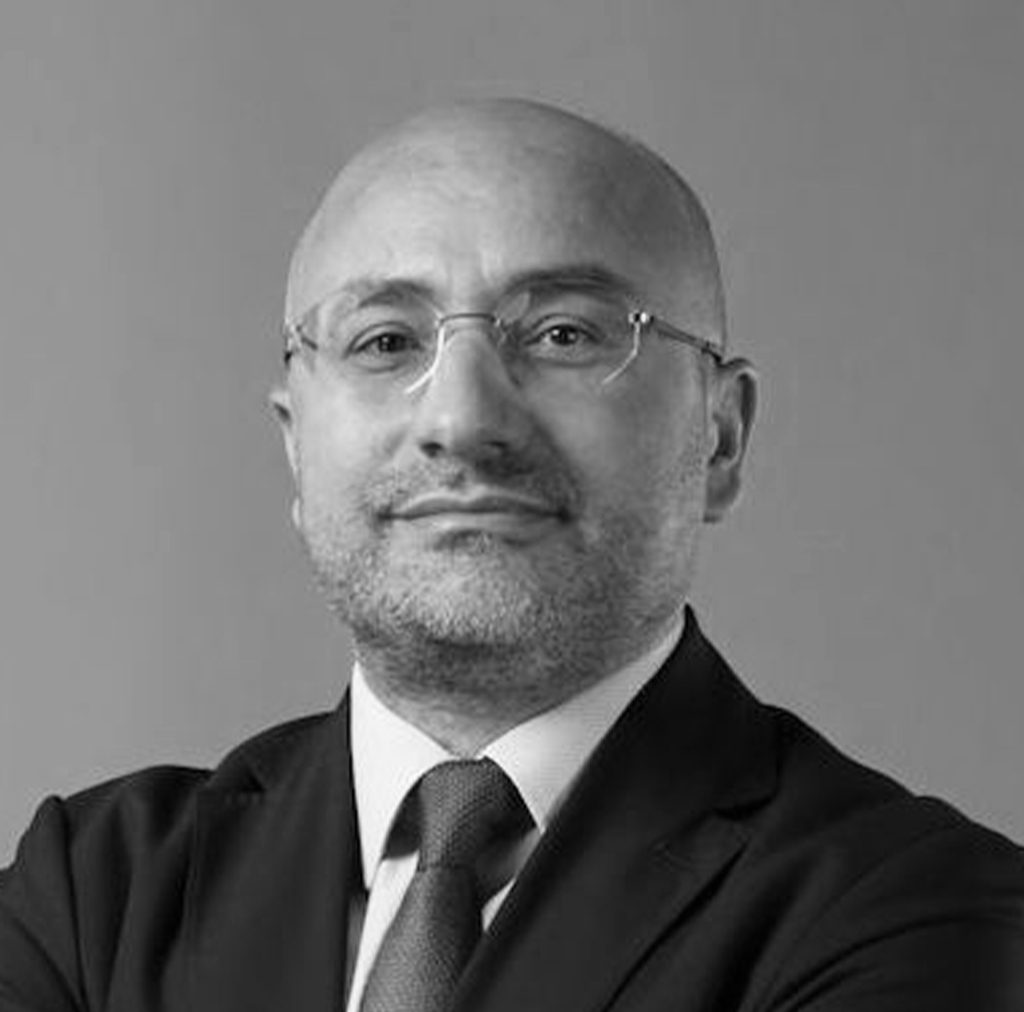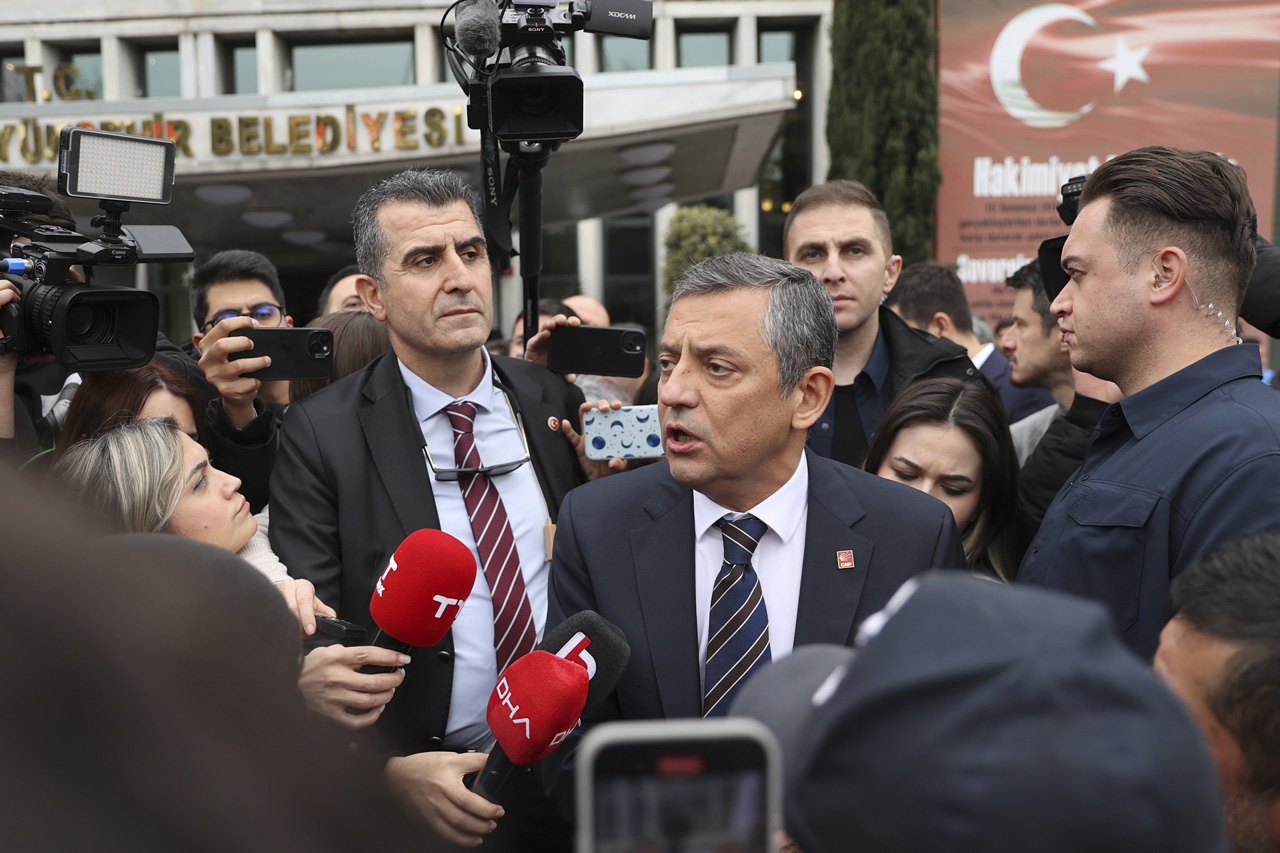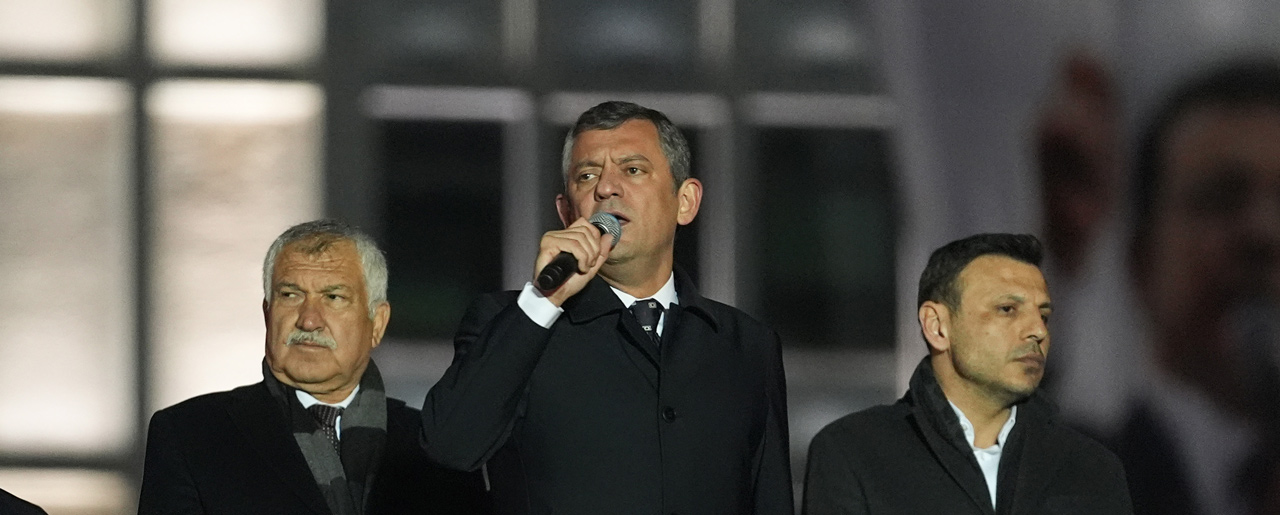In the aftermath of the Feb. 28 coup, the guardianship regime and the putschists had designated any company – that they thought did not support the coup – as “green capital.” They saw some Turkish companies as a threat, demanding consumers, starting with public institutions, not to do business with them. To be clear, the so-called green capital referred to businesses that were believed to support the Welfare Party (RP). The coup plotters wanted this capital to be eliminated. Their owners being pious or conservative was enough for such businesses to be labeled. Any product made by so-called green companies was banned from public institutions – especially military facilities. Yet the Turkish people responded to the guardianship regime’s boycott and bans by throwing their weight behind the targeted businesses. Their support ended up helping the companies achieve rapid growth.
Surely, you understand why I have been writing about the past. Before tackling the main issue, however, I’d like to remind you of something. Kemal Kılıçdaroğlu, the main opposition Republican People’s Party’s (CHP) previous chairperson, used to talk about “making amends” in an attempt to win over Turkish conservatives. At the time, he acknowledged that the country’s conservative and devout citizens had been boycotted due to their political preferences. As a matter of fact, CHP politicians repeatedly apologized for having collaborated with the guardianship regime.
In recent days, CHP Chairperson Özgür Özel urged his supporters to boycott certain companies, brands and institutions. He referred to those businesses as “pro-government” for their supposed failure to side with the CHP. It appears that Mr. Özel intends to add more names to his list every day. Presumably emboldened by the CHP’s confrontational discourse, some have openly called for the “elimination” of all conservatives in Türkiye. Some groups, which the CHP leadership encouraged to take to the streets, have engaged in violent acts against the police. They even went as far as insulting President Recep Tayyip Erdoğan’s late mother.
The main opposition party and its chairperson are certainly aware of what it means to call for a boycott against companies and organizations because they choose not to support the opposition. There is no reason to think CHP leaders haven’t seriously considered how their call shall be perceived. At this time, one cannot help but ask the following questions: If the CHP were to come to power tomorrow, would they order their supporters to “eliminate” whoever did not vote for them? Will the CHP leadership ask them for help? Will they ban their businesses, organizations and brands?
Nothing can justify the CHP leadership calling for the “elimination” of certain companies and brands, making lists of people they will punish once they’re in power, or repeatedly saying that they are writing down the names of everyone who supports the government – all while the CHP chairperson accuses the government of pressuring the people. Obviously, this is a deliberate choice, not a lapse of reason.
The opposition party’s current discourse offers insights into their future plans. No matter how often they claim to have changed and offer to make amendments ahead of popular elections, CHP’s leaders cannot conceal their true feelings from the Turkish people.
There is certainly no need to take such extreme steps just to try and prevent an in-depth discussion of the corruption charges by politicizing an issue that falls strictly within the judiciary’s purview. This is no way to communicate one’s political views to the electorate. Indeed, painting some people as the enemy (once again) does not make one’s arguments more convincing. It only serves to appease one’s hardcore supporters.
Türkiye is changing, as is the whole world. People tend to learn from the past. It is not a good sign that the CHP, which was talking about democratic rights just a heartbeat ago, has already arrived where it is today. Alas, it is difficult for some groups to truly change their mindset. From the “green capital” discourse to today’s calls for boycotts, we come to terms with this reality at every critical juncture.






